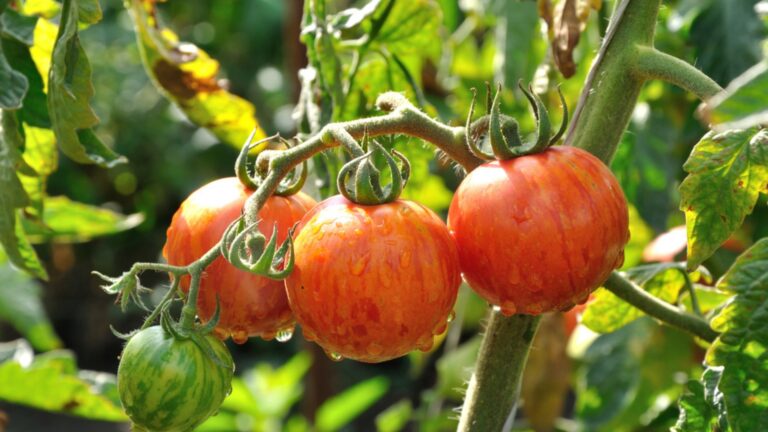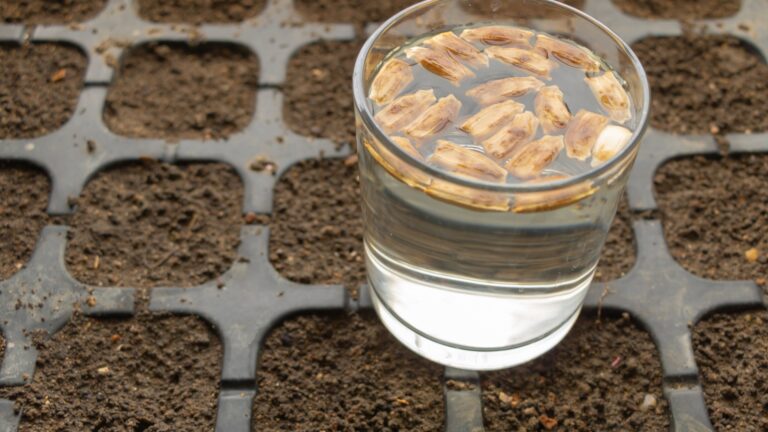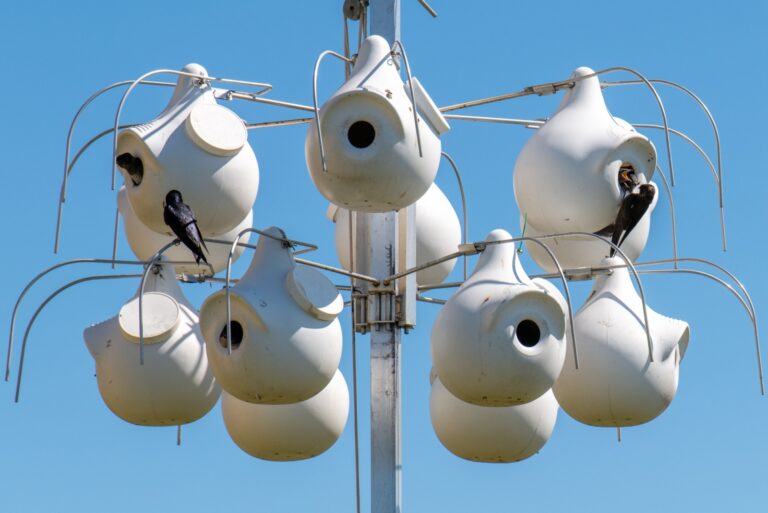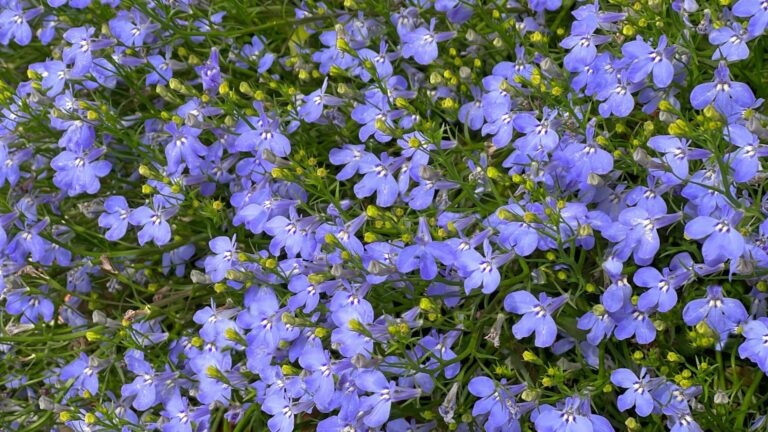Why New Jersey Gardeners Should Stop Mowing For The Next 30 Days
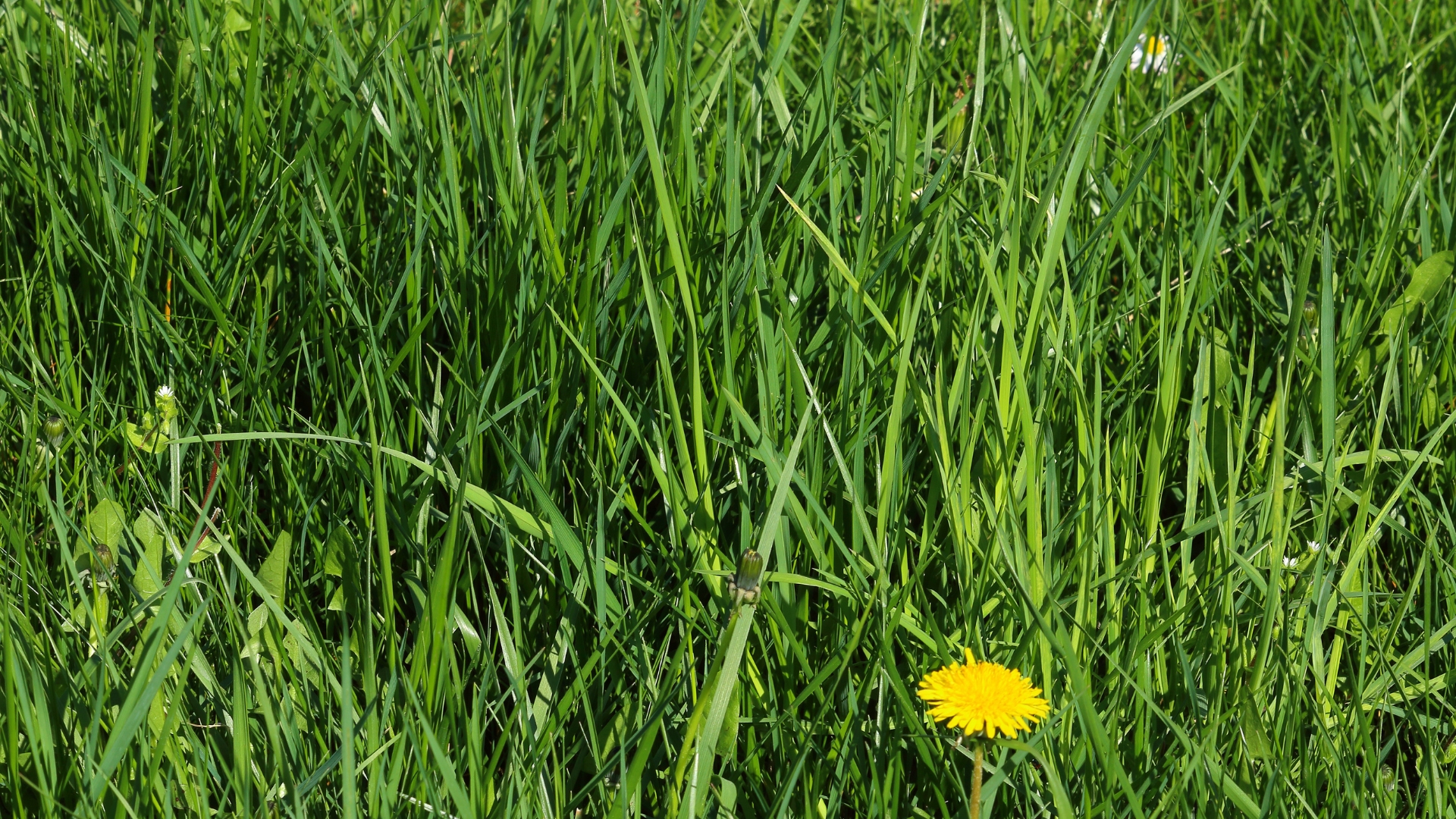
New Jersey’s lawns don’t always need to look like a golf course. Sometimes, giving your grass a break from the mower can do wonders for your whole garden.
Skipping those clippings for 30 days helps wildlife find food and shelter right outside your door. I’ve seen how this little change can turn a yard into a buzzing haven for bees and butterflies.
This isn’t about laziness—it’s smart gardening that pays off in colorful, healthy plants.
1. Wildlife Habitat Creation
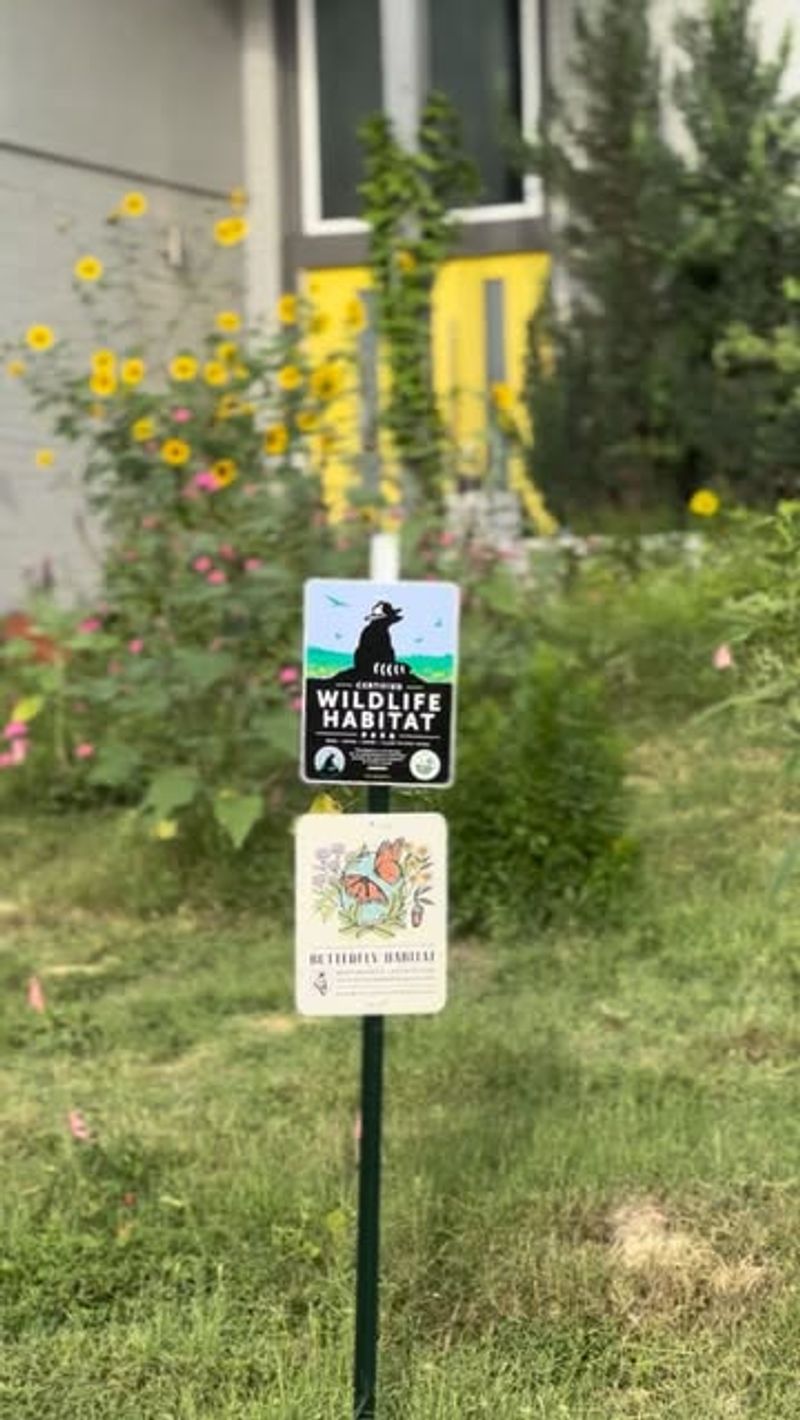
Letting your grass grow creates mini-ecosystems for beneficial insects and small wildlife. Throughout New Jersey, these natural habitats have been disappearing at alarming rates.
Your unmowed lawn becomes a sanctuary for butterflies, bees, and other pollinators that help your garden thrive. Even a month-long break can make a significant difference!
2. Native Wildflower Emergence
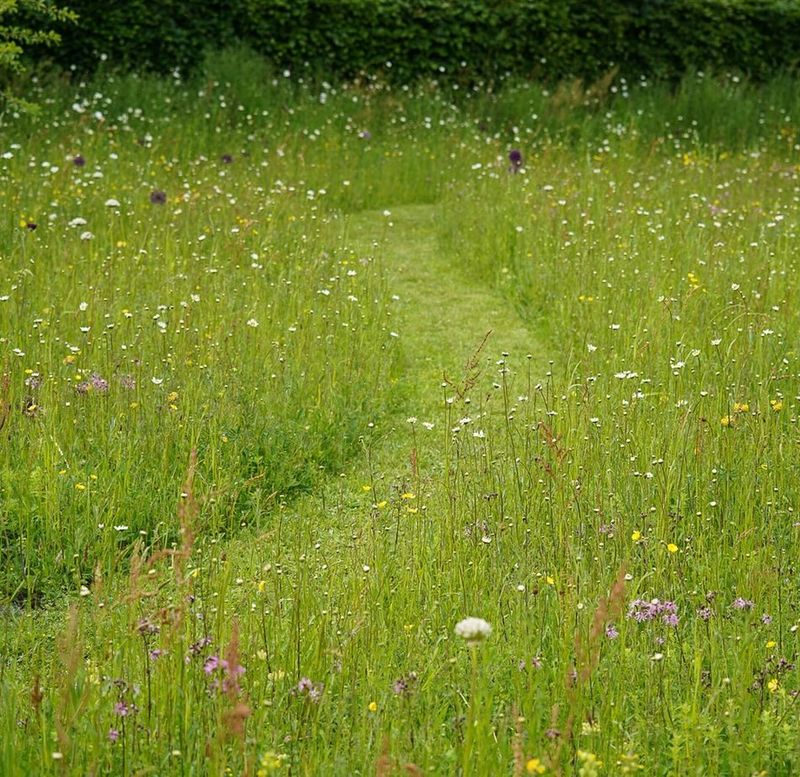
Hidden seeds in your soil finally get their chance to bloom when you stop mowing. Many New Jersey gardens contain dormant native wildflower seeds just waiting for the right conditions.
These unexpected blooms attract beneficial insects and add natural beauty to your yard. You might discover black-eyed Susans, coneflowers, or other local treasures you never knew were there!
3. Drought Resistance Improvement
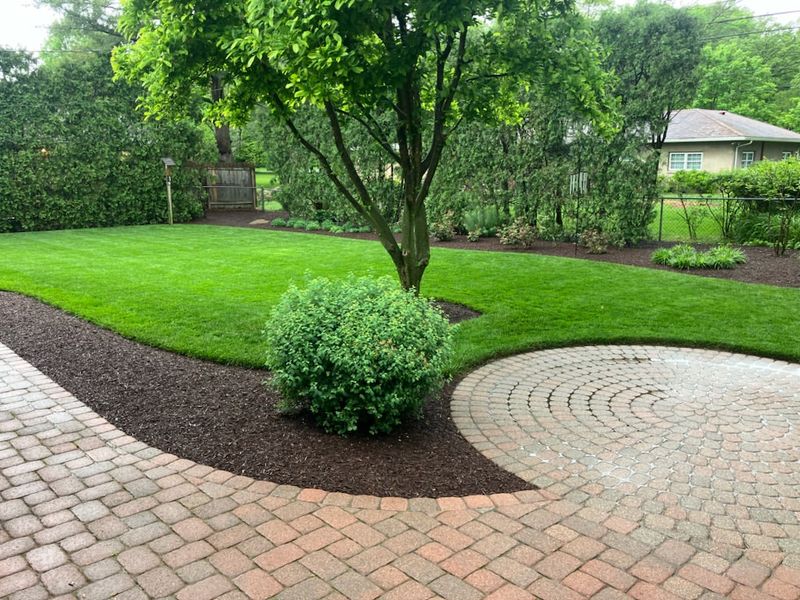
Taller grass develops deeper roots that can reach water sources further below the surface. This is especially valuable during New Jersey’s increasingly unpredictable summer weather patterns.
Your lawn becomes naturally more drought-resistant, requiring less supplemental watering. The shade from longer blades also keeps soil moisture from evaporating as quickly in the summer heat.
4. Natural Weed Suppression
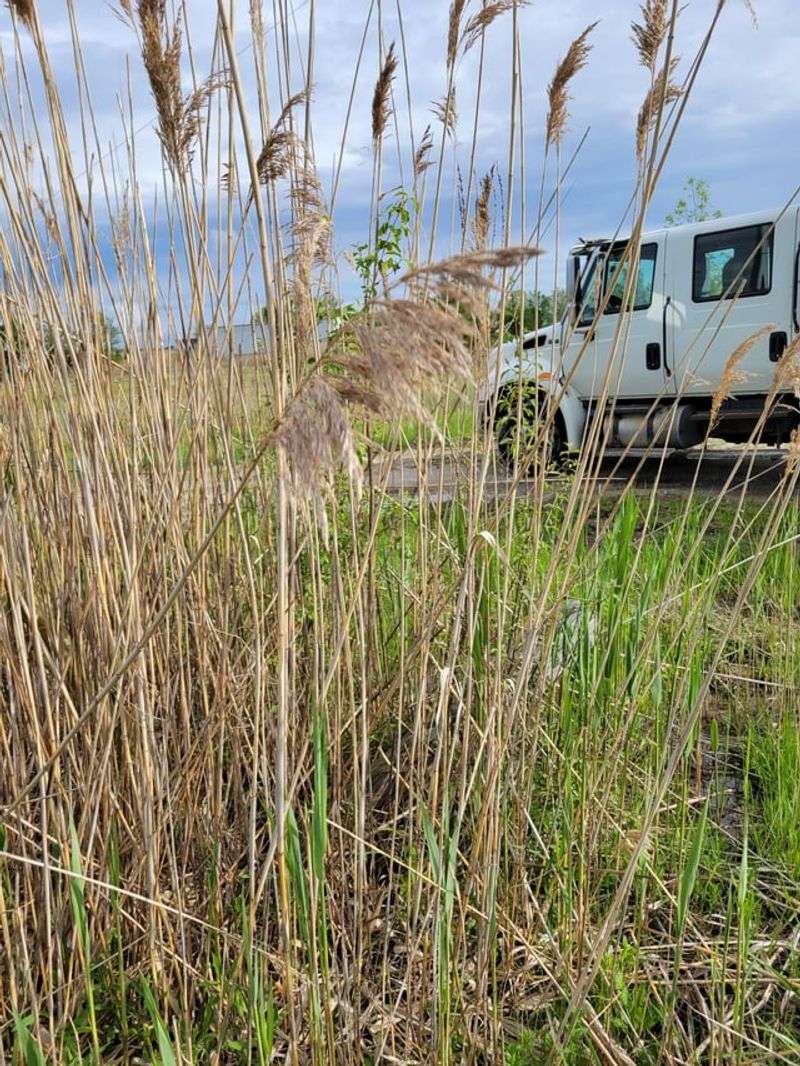
Longer grass naturally shades out many unwanted weeds by blocking sunlight they need to germinate. Garden centers across New Jersey sell expensive weed treatments that you might not need.
This natural weed control method reduces the need for herbicides in your yard. Many common weeds simply can’t compete with established, healthy taller grass that’s allowed to grow.
5. Soil Health Enhancement
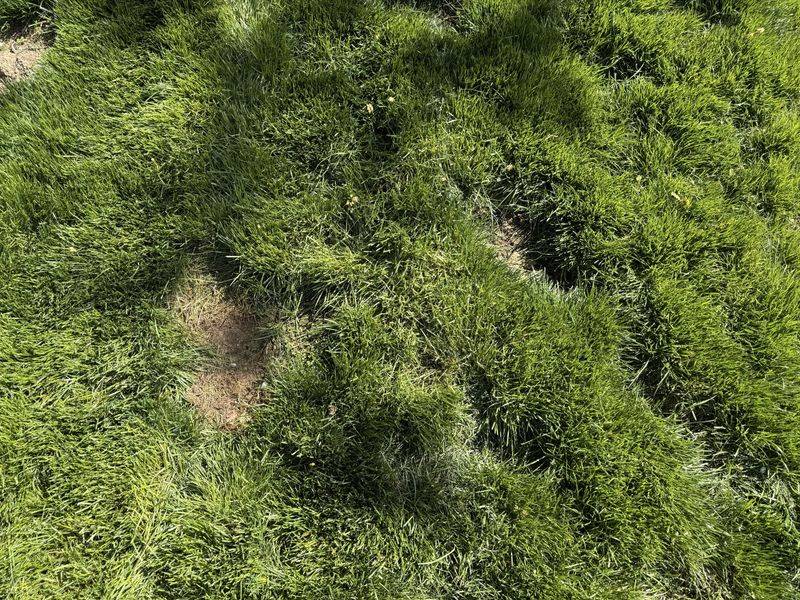
Unmowed lawns contribute more organic matter to your soil as grass clippings naturally decompose in place. New Jersey’s varied soil types all benefit from this natural enrichment process.
This improves soil structure, increases beneficial microorganism activity, and boosts nutrient content. Your soil becomes a healthier living ecosystem rather than just dirt beneath a crew cut lawn.
6. Energy Conservation
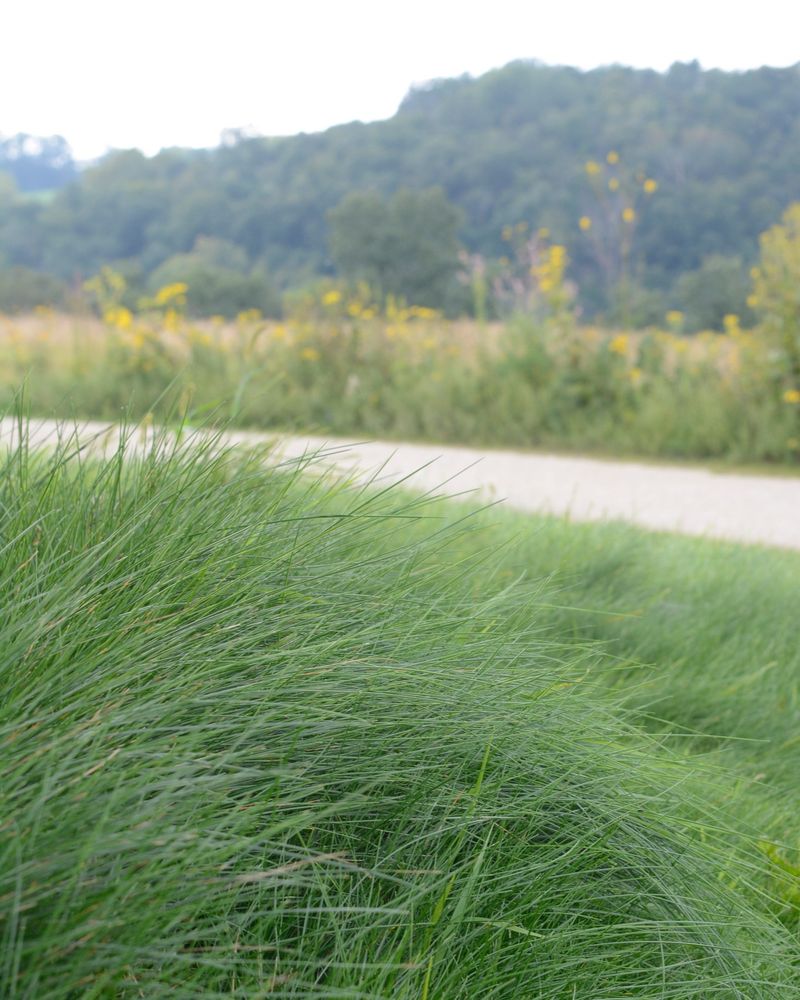
Skipping mowing for a month saves fuel and reduces your carbon footprint. Many New Jersey homeowners don’t realize that gas-powered lawn equipment produces significant pollution.
You’ll save money on gas while contributing to cleaner air in your neighborhood. The average lawn mower produces as much pollution in one hour as driving a car for 100 miles!
7. Bird Population Support
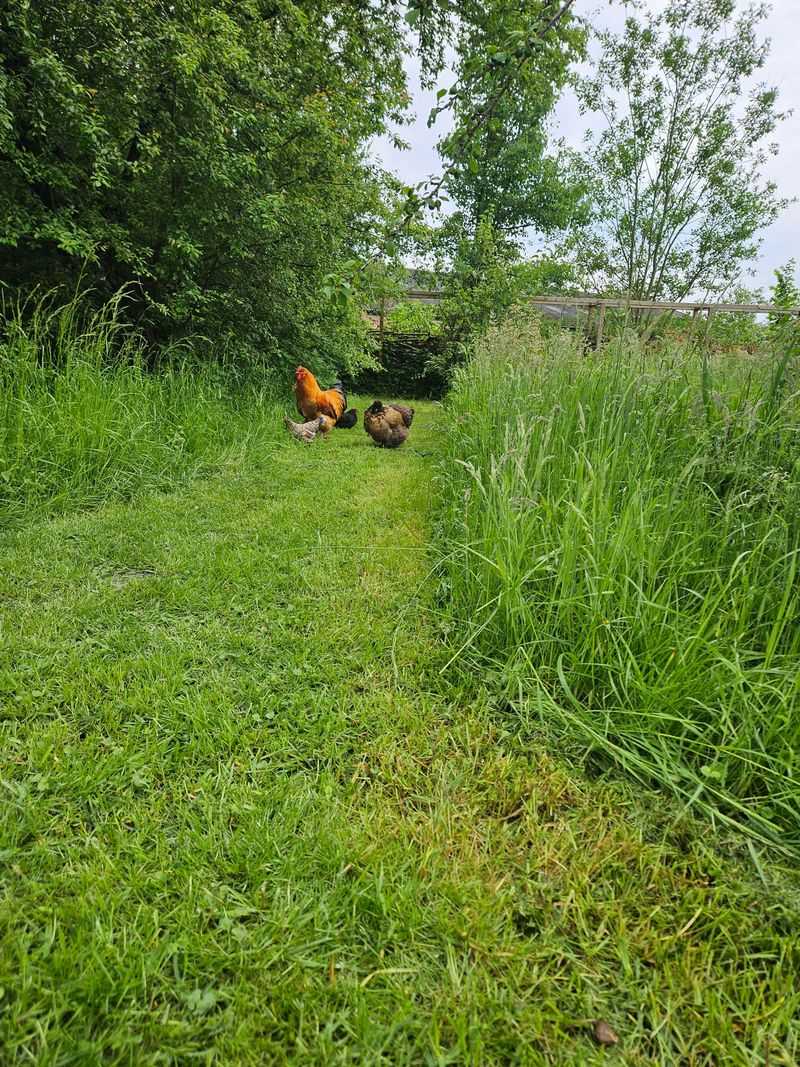
Taller grass attracts more insects, which in turn brings more birds to your yard. New Jersey is home to many bird species that would love to visit your unmowed sanctuary.
Birds act as natural pest controllers, eating problematic insects that might damage your garden. You’ll enjoy free entertainment watching these feathered visitors hunt and play in your taller grass.
8. Stress Reduction
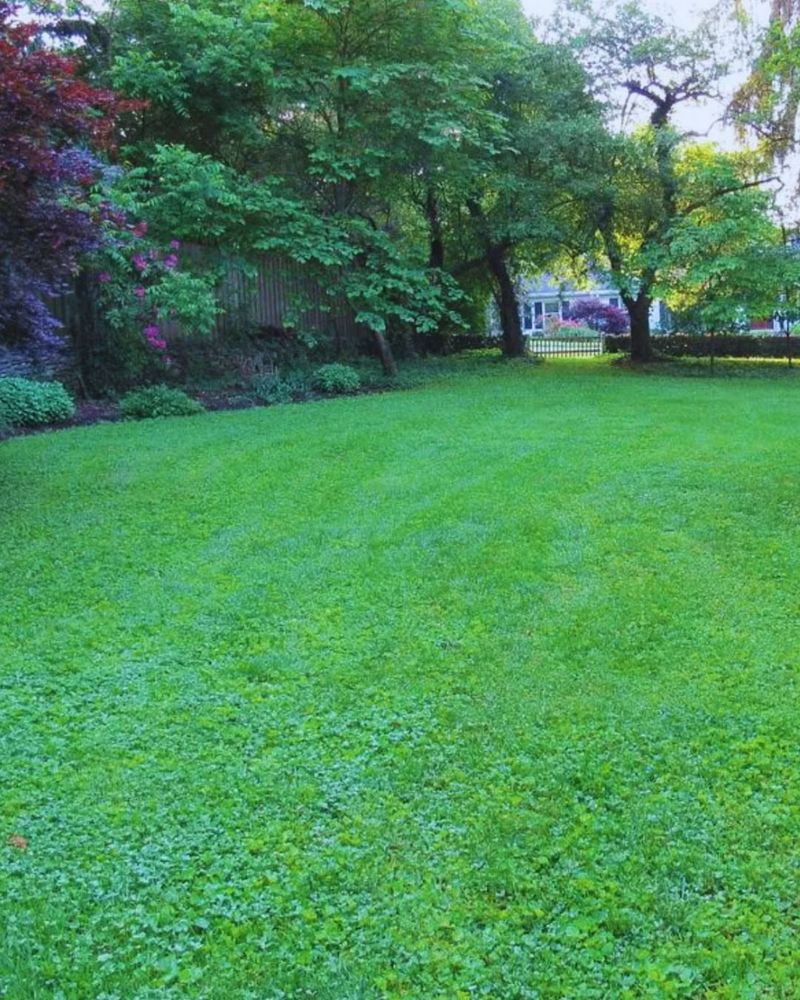
Taking a break from the weekly mowing chore gives you more free time to actually enjoy your garden. New Jersey summers are meant for relaxation, not pushing a noisy mower around in the heat.
Use this time to observe nature or try other garden projects you’ve been putting off. Your neighbors might raise eyebrows at first, but they might join the movement once they see the benefits!
9. Healthier Grass Development
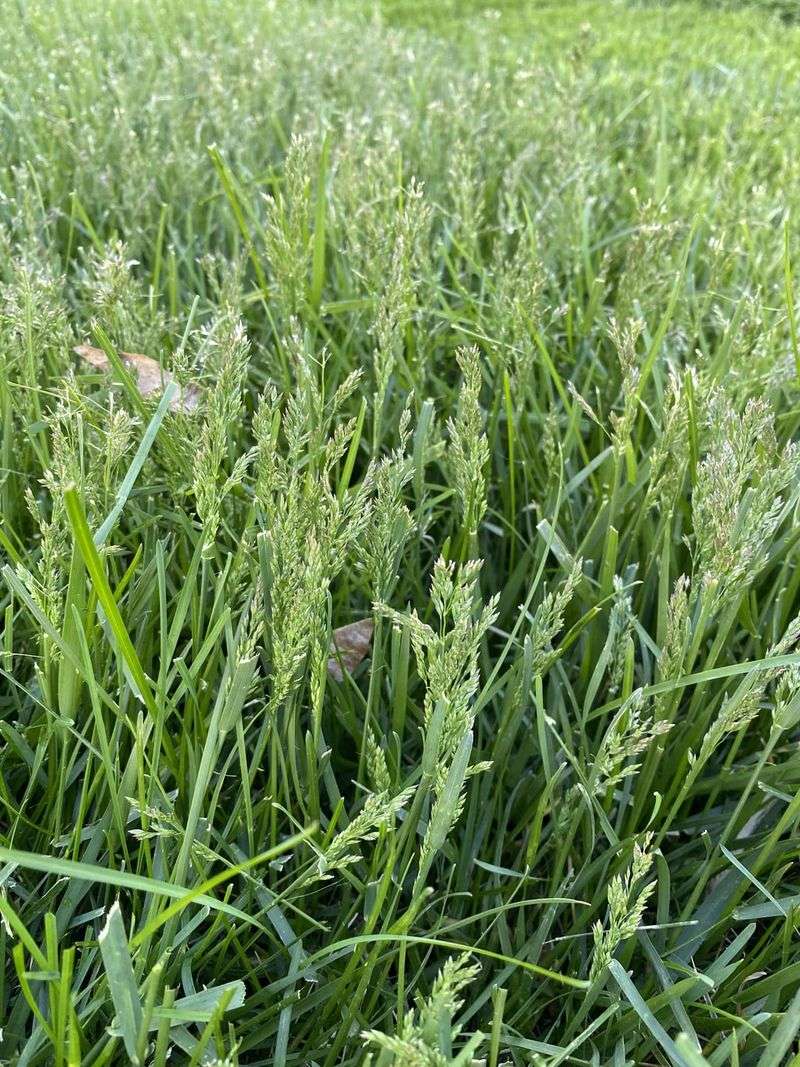
Allowing grass to grow taller strengthens the plants and promotes fuller, more resilient growth. Many New Jersey lawn care professionals actually recommend occasional breaks from frequent mowing.
The grass develops stronger root systems and more leaf surface for photosynthesis. This creates a naturally thicker lawn that better withstands foot traffic, pests, and disease pressure.
10. Pollinator Protection
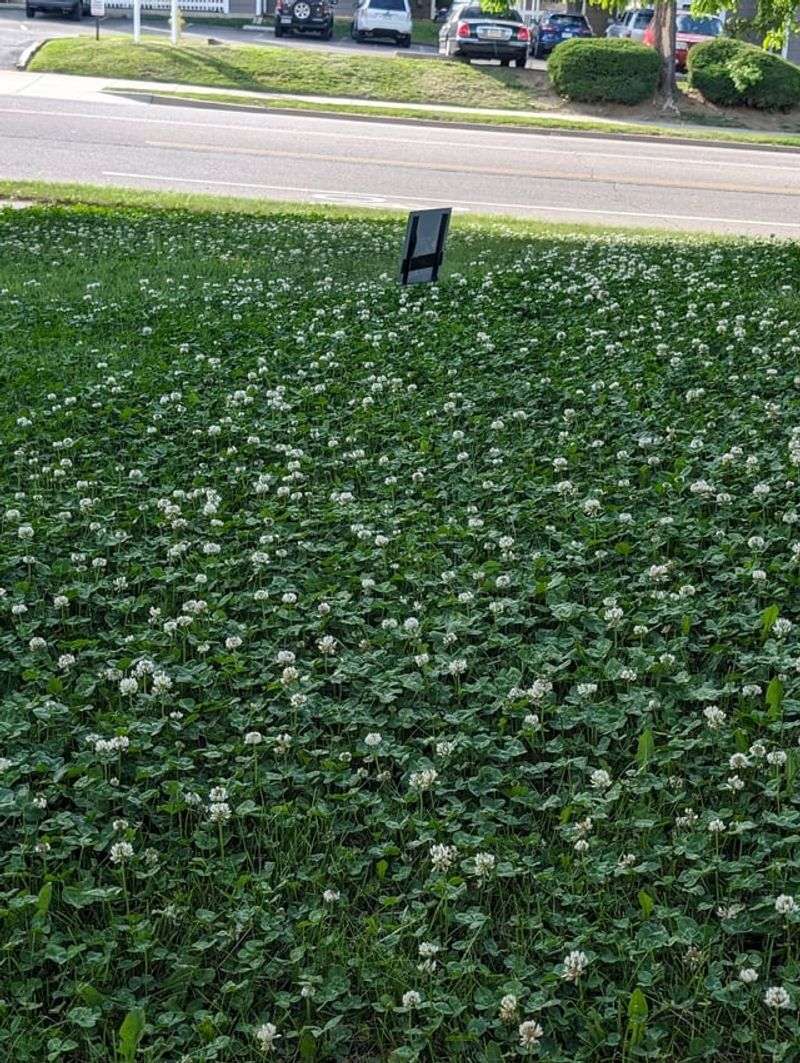
Bees and butterflies find more food sources in unmowed lawns where clover and other small flowers bloom. New Jersey’s agricultural areas depend on these pollinators for crop production.
By creating a temporary pollinator haven, you’re contributing to broader ecosystem health. Even small unmowed areas can serve as important stepping stones for pollinator movement across landscapes.
11. Reduced Noise Pollution
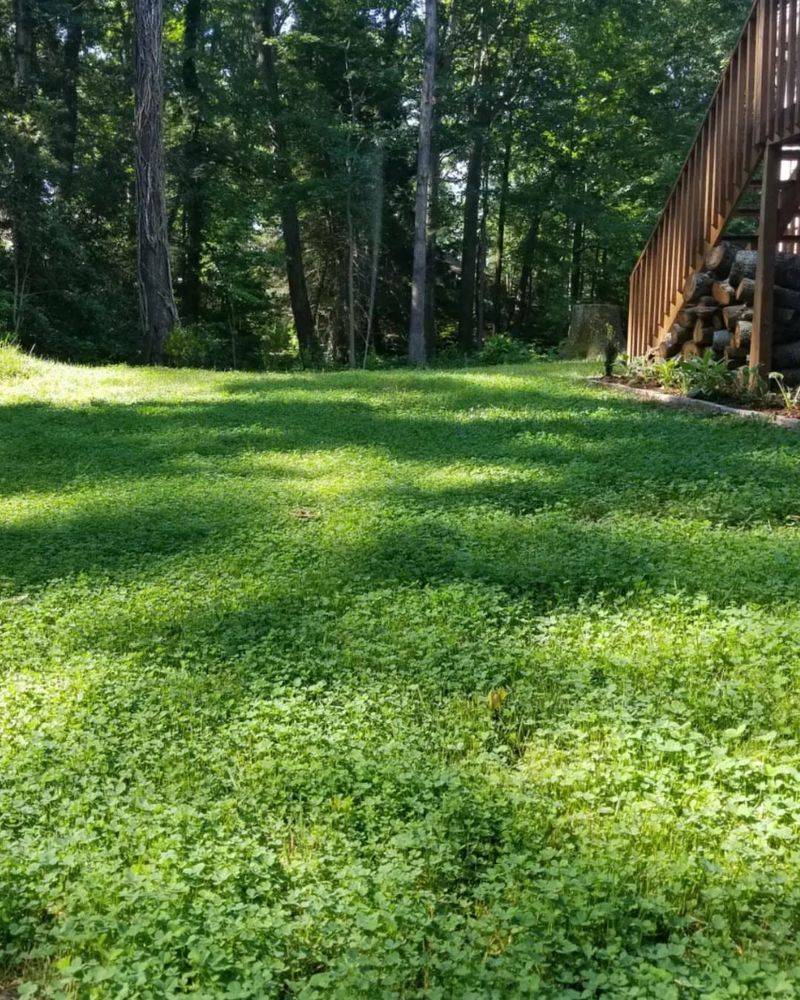
Lawn mowers create significant noise that disturbs wildlife, neighbors, and your own peace of mind. New Jersey’s densely populated neighborhoods especially benefit from less mechanical noise.
A month without mowing means quieter mornings and weekends for everyone. Birds and other wildlife communicate better without the constant interruption of mowers drowning out their calls.
12. Water Conservation
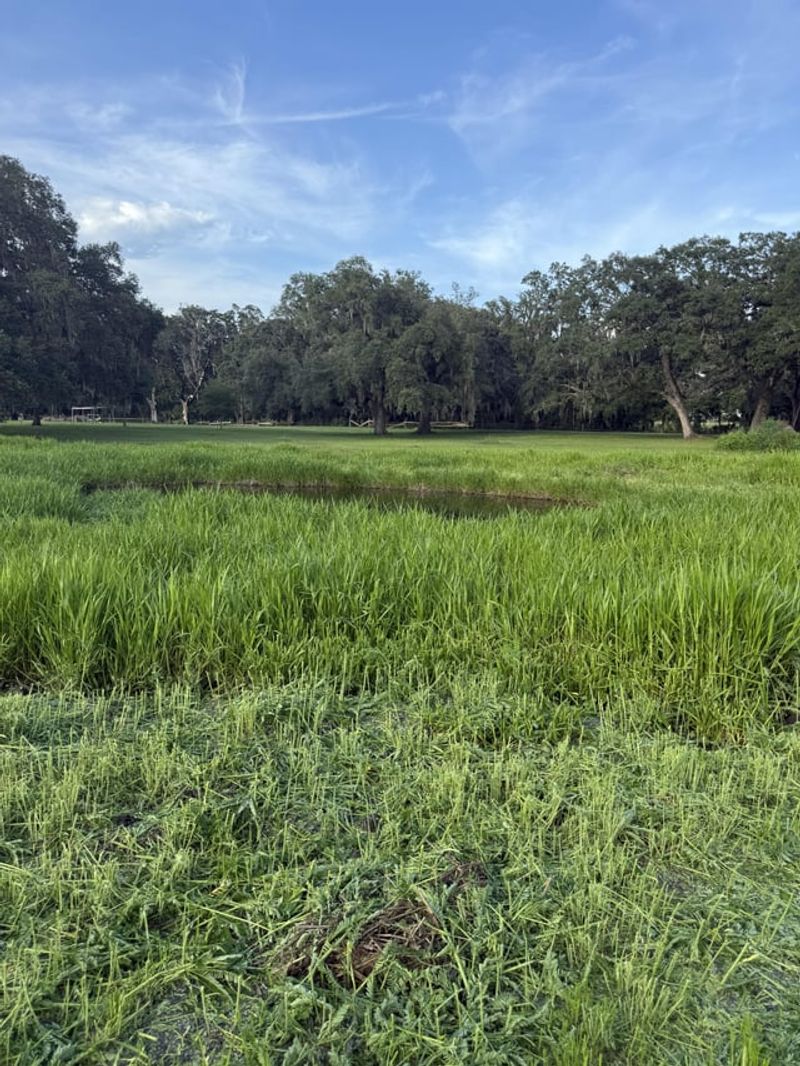
Taller grass needs less supplemental watering because it retains moisture better than short lawns. During New Jersey’s occasional water restrictions, this natural conservation method becomes even more valuable.
The shade created by longer grass blades significantly reduces evaporation from the soil surface. You’ll notice your lawn stays greener longer between rainfalls without extra irrigation.
13. Natural Cooling Effect
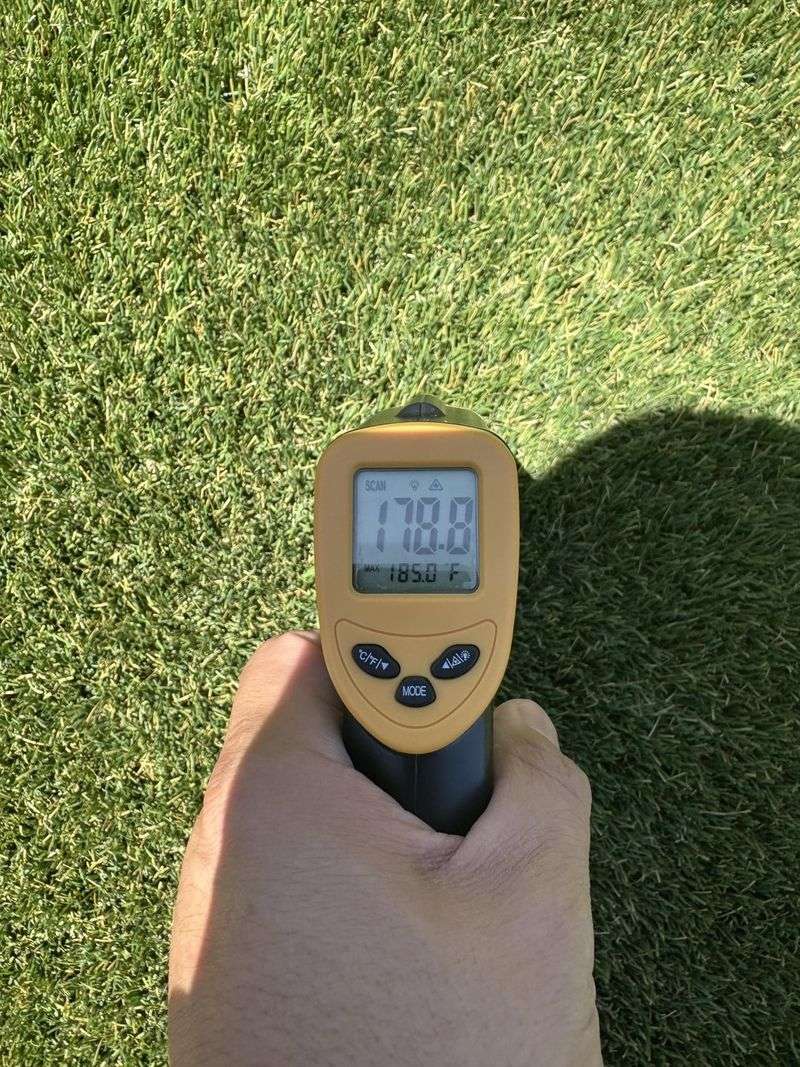
Taller grass naturally cools the area around your home through transpiration and shade. New Jersey’s hot summer days feel more comfortable with this natural air conditioning effect.
The temperature difference between mowed and unmowed areas can be several degrees. This can reduce your home cooling costs and create more comfortable outdoor living spaces during summer months.
14. Educational Opportunity
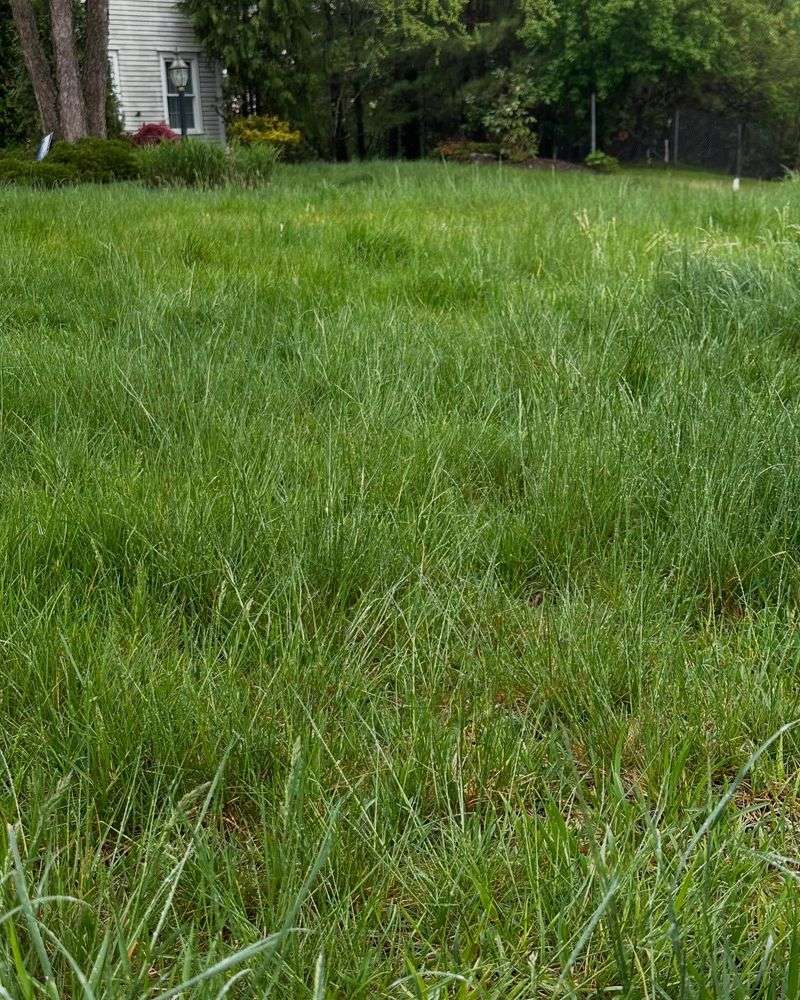
An unmowed lawn becomes a living laboratory for children to observe nature up close. New Jersey families can use this as a chance to learn about local ecosystems together.
Kids discover insects, plants, and natural processes they might otherwise never notice. This month-long experiment can spark interest in science and nature that lasts far beyond your mowing break.


